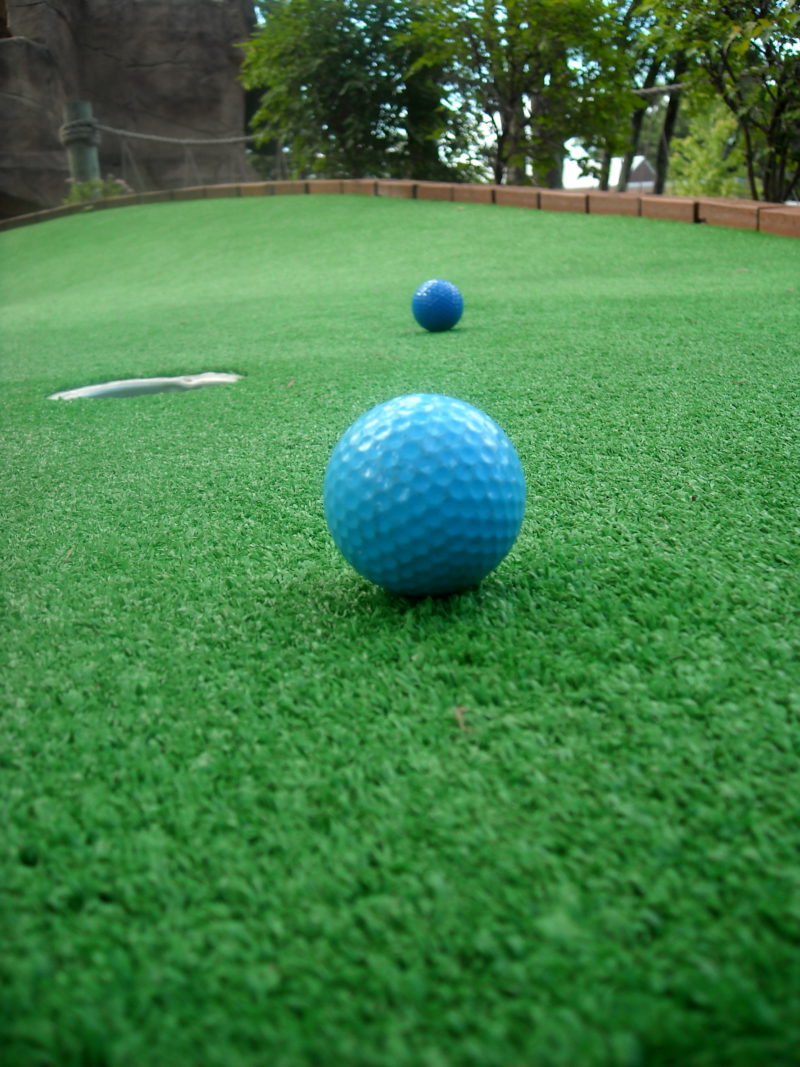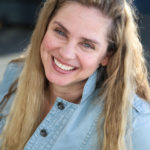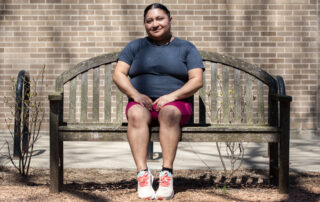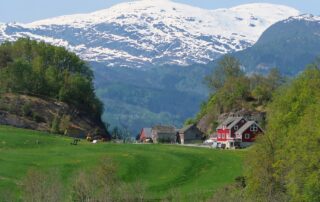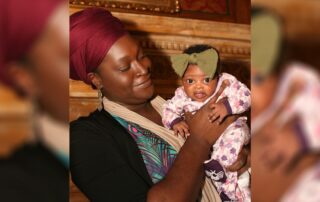You can learn a lot about people by seeing how they play games. I’m not the first person to say so, but I’ve probably spent more time testing the idea than most.
When I was 10 years old my parents bought a miniature golf course in Wisconsin. We lived in a cottage behind the 18th hole. Every summer, Labor Day through Memorial Day. We didn’t take another summer vacation after that, but I’m not bitter. Sure I might have enjoyed going to camp, or a visit to Disneyland, but instead, I spent my summers in a ticket booth. Working. 7 days a week. Which is to say, watching people play.
The first thing you learn is that people laugh the loudest when things go wrong. Success is never as hilarious as failure. All day long you’d hear people yell out “Oh no!” followed by a scream, then laughter.
The most difficult holes were everyone’s favorite. No one wants their mini golf game to be too easy. Like life, when you play a game, you’re looking for a challenge.
It might not surprise you to hear that people cheat. But it might come as a surprise that sometimes parents teach their children how to cheat.
You could win a free game on the last hole. There was a clown face, and if you got your ball in the nose then a bell would ring, and we’d hand you a Free Game Card. We loved giving out free games–the bell was loud and everyone smiled. It was festive, and of course, as a family we were easily amused.
I remember one time I was working when an ordinary looking family came to the last hole. The parents ducked down like commandoes, crept up the fairway, then waved their children to follow. There was a wire screen in front of the clown face, and the father knelt there, wedging his fingers underneath it. “Ssh, ssh,” he said, tossing his ball under it towards the nose. The mother wedged her fingers under. Then the kids, aiming for the nose. When their last ball actually fell into the nose, they were as surprised as I was. It rolled into the narrow trough and then thunk.
The family looked up expectantly. There was no bell. All was quiet. “But it went in!” said the boy.
I was alone in the ticket booth at the time. The family didn’t realize I had seen them. They didn’t know the bell wasn’t automatic anymore – my father had disconnected it because he didn’t like ringing the lovely bell for people who didn’t deserve it.
When they came to turn in their putters, would they ask me for a free game?
It was perhaps the most exciting moment of the summer. I was only 12, but I understood I was about to witness human nature. What kind of people were these? Who teaches their children to try to beat the system?
Finally they approached, and handed me their putters. Sheepishly, the parents avoided my eyes. No one spoke. The children looked at me strangely, when finally the youngest boy burst out: “Hey, I think we got it in the nose.”
“Yes, I know,” I said, “I was watching,” And then I added in a voice used by high school principals all around the world: “I’m sorry.”
The parents pretended not to hear me, and together with their children, sulked their way back across the parking lot. I looked out onto the mini golf course where the blades of the windmill still turned. I knew I was more grownup than I had been one hour before.
